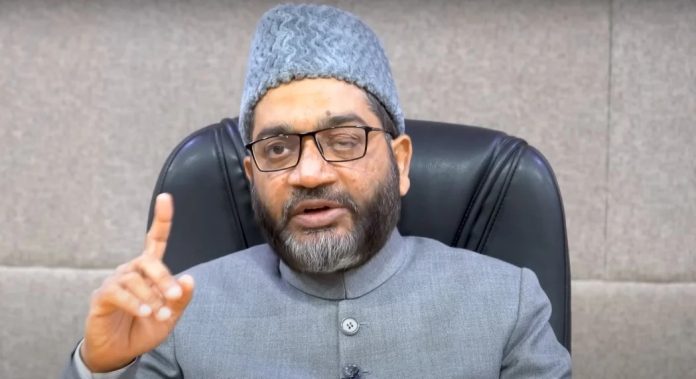NEW DELHI: Jamaat-e-Islami Hind (JIH) President Syed Sadatullah Husaini has strongly condemned the Waqf Amendment Bill, calling it a “highly condemnable move” that enables “legislative discrimination against Muslims.” The bill, which seeks to amend the Waqf Act of 1995, contains provisions that Husaini argues are not exclusive to Muslims but are also found in the religious endowment laws of other communities.
In a statement, Husaini emphasized that several religious communities have similar provisions in their endowment laws, restricting the management of their respective properties to members of their faiths. He specifically pointed to the concept of “temples by users,” which is akin to “Waqf by user,” and highlighted that such laws grant exemptions from statutes like the Limitation Act. However, he accused the government of selectively targeting Muslims through this amendment, describing it as “blatant legislative discrimination” and a “dangerous precedent.”
Husaini also criticized the bill’s sweeping changes, stating that it would increase government control over Waqf properties and alter their religious character. He argued that this violates Article 26 of the Indian Constitution, which guarantees religious minorities the right to manage their own religious institutions. Despite widespread opposition and millions of objections from the public, Husaini claimed that the government had disregarded feedback from key stakeholders, reducing the consultative process to a mere formality.
“The bill does nothing to curb corruption, illegal occupation, or misuse of Waqf properties. The government cannot cite a single provision that addresses these issues,” Husaini remarked. “Instead, it worsens Waqf administration.”
He also condemned certain media outlets for allegedly misrepresenting the bill’s impact and called on secular parties, opposition leaders, and NDA allies to resist its passage. Accusing some parties of bowing to political pressure from the ruling Bharatiya Janata Party (BJP), he expressed disappointment over their stance. “It is disheartening that some parties, despite claiming to be secular, have chosen to support it,” he stated. “They must refrain from communal politics, or history will remember their betrayal.”
Reiterating that Waqf properties are religious endowments, not government assets, Husaini warned that any attempt to dilute their governance and increase state control would be unacceptable. He stressed that if the bill was passed undemocratically, protests would be launched nationwide, led by the All India Muslim Personal Law Board (AIMPLB) and other Muslim organizations. “We will challenge this law through all constitutional, legal, democratic, and peaceful means. The struggle against this injustice will continue until the rights of the community are fully restored,” he declared.




